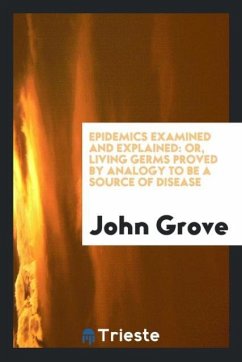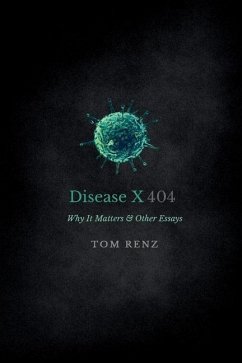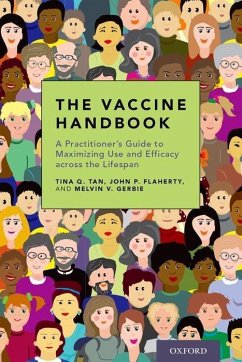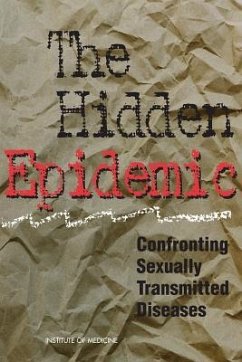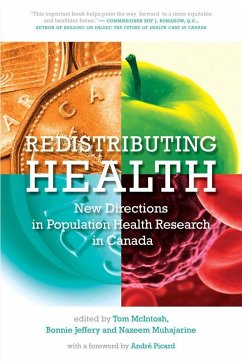Nicht lieferbar

Versandkostenfrei!
Nicht lieferbar




"In the wake of COVID, it's more important than ever to understand epidemics-how they emerge and what we can do to fight back"--
Charles Vidich
Produktdetails
- Verlag: Bloomsbury Academic
- Seitenzahl: 168
- Erscheinungstermin: 24. Juli 2025
- Englisch
- Abmessung: 235mm x 155mm x 25mm
- Gewicht: 454g
- ISBN-13: 9798765112977
- Artikelnr.: 71593403
Herstellerkennzeichnung
Libri GmbH
Europaallee 1
36244 Bad Hersfeld
gpsr@libri.de
Für dieses Produkt wurde noch keine Bewertung abgegeben. Wir würden uns sehr freuen, wenn du die erste Bewertung schreibst!
Eine Bewertung schreiben
Eine Bewertung schreiben
Andere Kunden interessierten sich für



